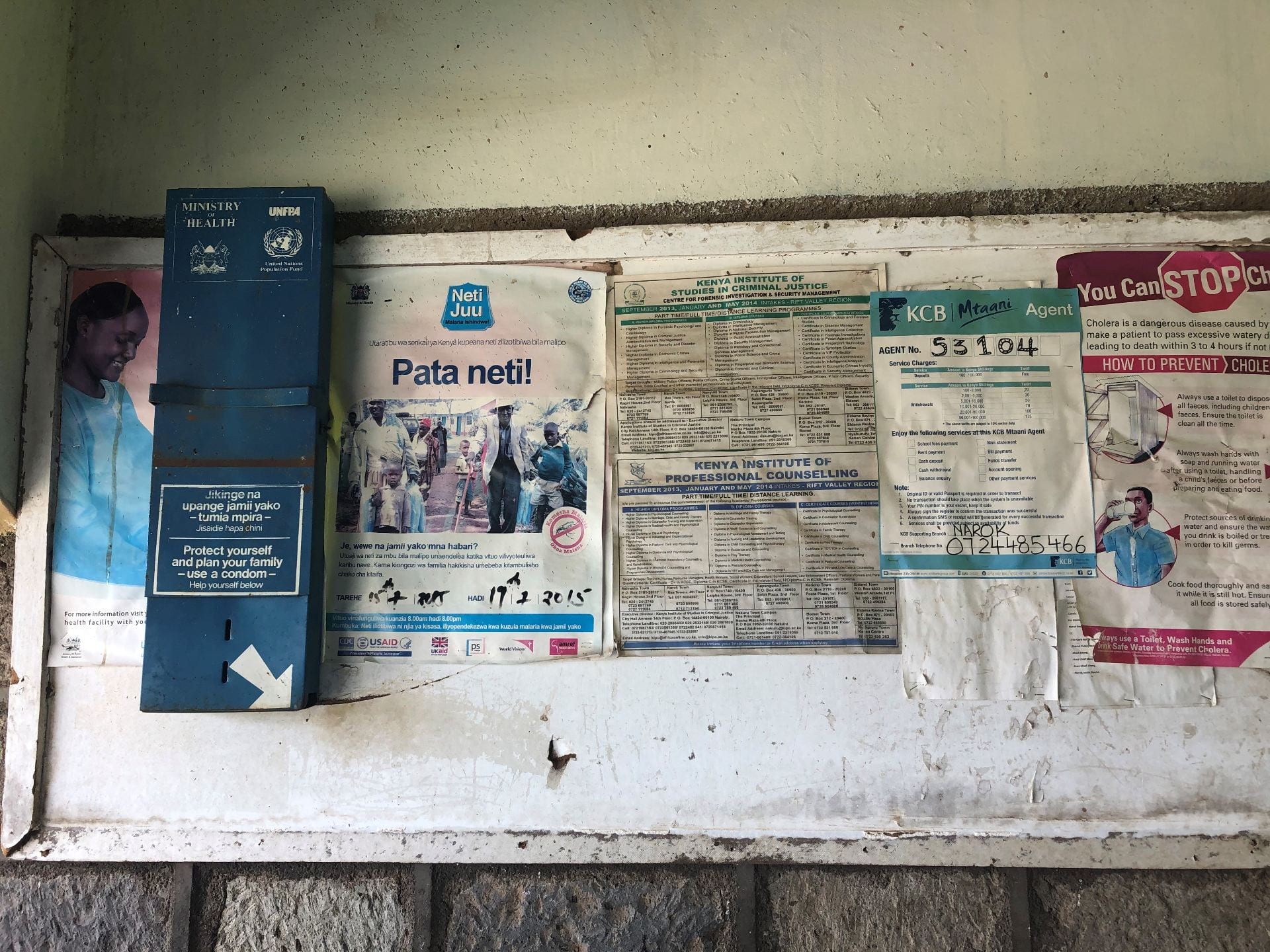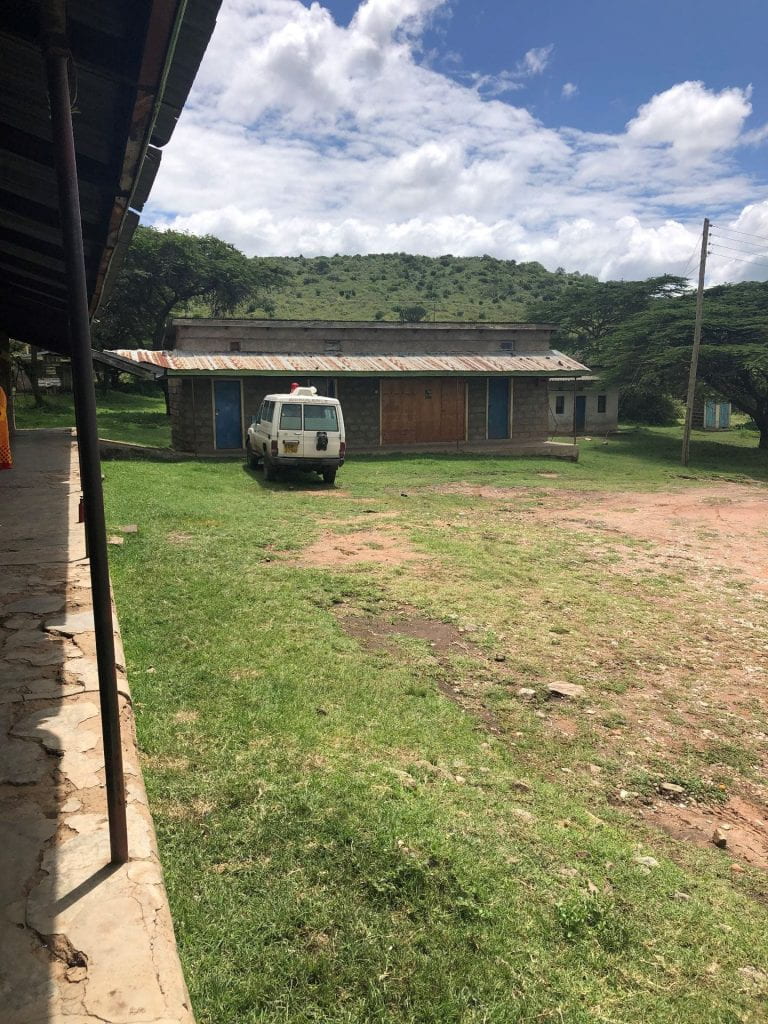
Submitted by Niki Ganjeizadeh on the 2020 winter session study abroad program in Kenya and Tanzania sponsored by the School of Nursing…
Mount Meru is a medical clinic in Arusha, Tanzania. I worked primarily in the labor and delivery ward this week, but had been in the emergency department the week before. In the labor ward, most of the beds were taken up on both the labor side and postpartum side of the floor. There were busier days than others and my last day here was one of them.
In the midst of the chaos, I observed what was not only poor patient care, but that bordering on abuse. The nurses were impatient and aggressive with the mothers, hitting them with a wooden stick when they pulled away, or cried out in pain. Thankfully, both the mothers I was with delivered healthy babies. The delivery seemed to be the only moment of serenity, but not long after the repair process for stitching up the tearing began. Nursing students with only a year of experience were allowed to do the stitching, not even waiting for the Lidocaine to kick in to begin… it was difficult to watch. Finally, having enough, I tried to suggest they wait and stitch closer. I was just pushed aside and my comments were disregarded.
While it is difficult to stand next to nurses who treat patients in such an inhumane way, I remind myself that being there for the mothers is why I am here. There is so much you can do for a patient, even if you do not speak the same language. I could not communicate with the mothers, but pain and thankfulness looks the same in every language. Through non-verbal communication, I could tell the mothers were thankful I was there to hold a hand, or advocate for them, even when they had to endure what was happening. To me, this is what being a nurse means, being able to understand your patient even when they cannot tell you exactly what they want.



